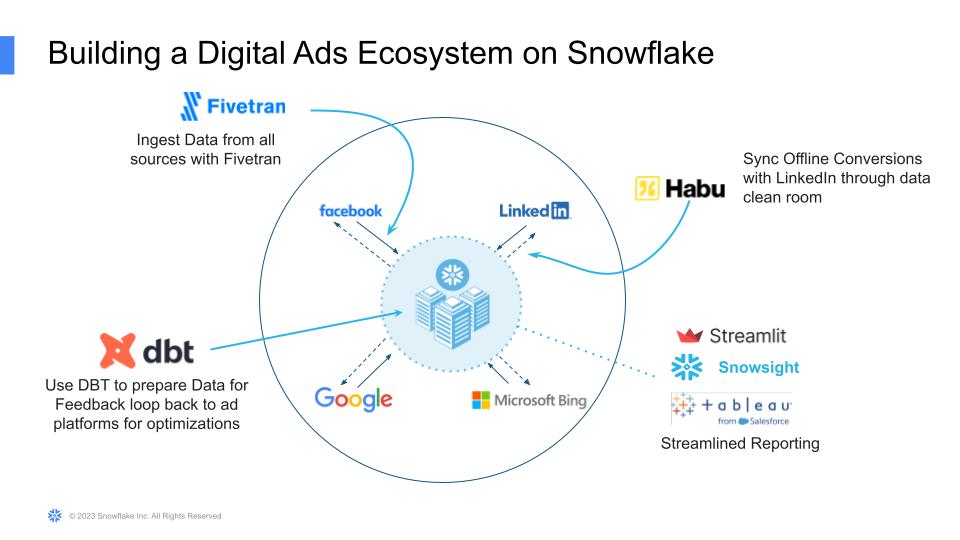During his testimony, Sunak defended Boris Johnson’s decision-making as prime minister, stating that he met with Johnson more frequently than his own wife during the initial COVID lockdown. He also defended the Eat Out to Help Out scheme, which faced criticism for its perceived impact on the second wave of the pandemic.
Sunak stated, “I just wanted to start by saying how deeply sorry I am to all of those who lost loved ones, family members through the pandemic and also all those who suffered in various ways throughout the pandemic and as a result of the actions that were taken.” He expressed his commitment to learning from the past and providing constructive candor to assist the inquiry.
Addressing the Eat Out to Help Out scheme, Sunak highlighted that the government took measures to ensure COVID-secure openings and that scientists had the opportunity to raise any health concerns. He acknowledged the extensive work done to safely reopen the hospitality industry.
During the inquiry, Sunak was questioned about missing WhatsApp messages. He explained that he had changed his phone multiple times in recent years and was not a frequent user of the messaging service for government business.
The official inquiry into the government’s handling of the pandemic is chaired by Baroness Heather Hallett, who has been hearing live telecast evidence in London since June. Last week, Boris Johnson also gave his testimony and began with an apology to the victims.
Sunak’s testimony coincides with the government’s controversial Safety of Rwanda Bill passing through the House of Commons. This poses a challenging leadership situation for Sunak, with divisions within the Conservative party on the bill’s toughness. Sunak has defended it as the “toughest anti-immigration law ever,” while some MPs, including Robert Jenrick, have indicated plans to vote against it. The bill compels UK judges to treat Rwanda as a safe country and grants ministers powers to disregard parts of the Human Rights Act. Its purpose is to address a ruling by the UK Supreme Court that deemed the previous policy unlawful.
Prior to the parliamentary vote, Sunak’s spokesperson stated that the government will release a summary of the legal advice received regarding the policy to address public and parliamentary interest.





















